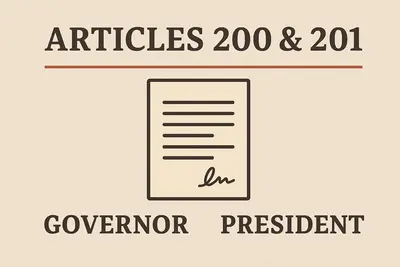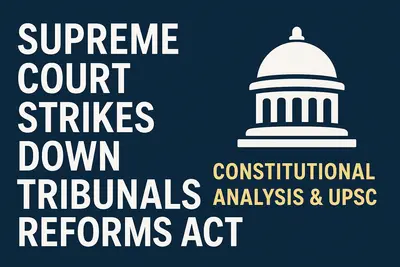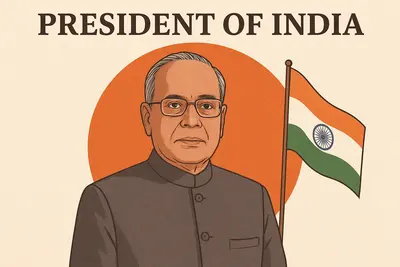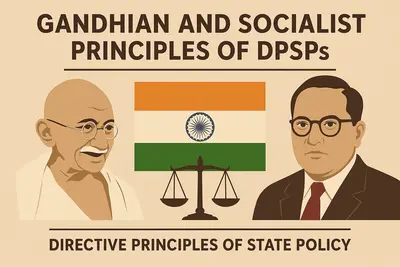SC Verdict on Articles 200 & 201: Judiciary Cannot Prescribe Timelines for Assent
Judiciary cannot impose timelines on President and Governors: Supreme Court On 21 November 2025, the Supreme Court made a large and consequential ruling that courts have no authority to deliver timelines on the President or Governors in relation to Bills pending approval under Articles 200 and 201.The matter arose through the 16th Presidential Reference under […]
SC Verdict on Articles 200 & 201: Judiciary Cannot Prescribe Timelines for Assent Read More »




